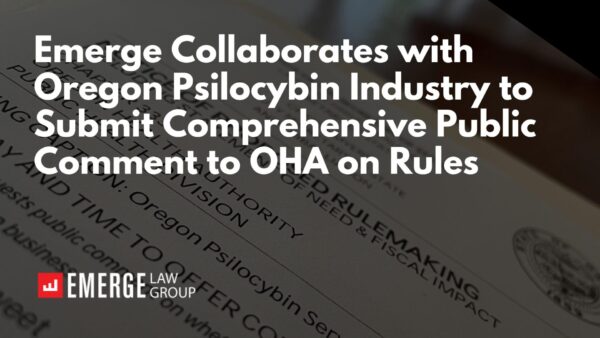For those of you with business partnerships (including LLCs taxed as partnerships) filing an IRS Form 1065 U.S. Return of Partnership Income, this blog contains important news for you. Treasury Regulations implementing the centralized partnership audit regime under the Bipartisan Budget Act of 2015 (the “BBA Procedures”) were published earlier this year. The BBA Procedures effectively replaced the three previously existing partnership audit regimes.
The BBA Procedures represent a new set of rules under which the IRS assesses and collects understatements of tax, interest, and penalties. Now, rather than assessing and collecting the tax attributable to the partnership from individual partners, the IRS can assess and collect at the partnership level, without having to identify specific partners and partnership items. The IRS can even assess and collect tax from the partnership (effectively from its existing partners), even if doing so allows a former partner to avoid tax that he or she should have paid for the year being audited.
The BBA Procedures affect all existing partnerships and is effective for all tax years beginning on or after January 1, 2018. The BBA Procedures could have a significant impact on any partnership that becomes subject to an IRS audit. Under the former Tax Equity and Fiscal Responsibility Act (“TEFRA”) rules, a “tax matters partner”—someone typically designated in a partnership agreement (e.g., an operating agreement)—could bind the partnership itself, but not individual partners, in IRS audit proceedings. Also, under TEFRA, individual partners had the right to notification regarding an impending audit and a right to participate in administrative or judicial proceedings against the IRS.
Under the new regime, the “tax matters partner” has been replaced with a “partnership representative” (“PR”). The PR is now the only point of contact with the IRS and has the authority to bind the partnership and, in relation to the partnership, the individual partners in all of the partnership’s dealings with the IRS, including audits, litigation, and settlements. Unless an individual partner has been designated as PR, he or she no longer has a right to participate in IRS-related proceedings without special permission from the IRS. More significantly, individual partners no longer have authority to appeal or challenge the PR’s decisions in IRS or U.S. Tax Court proceedings.
Note also that, unlike a tax matters partner, the PR need not be a partner. The PR has extremely broad authority in matters relating to audits and it is critical that partnerships keep this in mind when making the designation. However, designating a PR is not as simple as naming an individual in an LLC or partnership agreement. The partnership must also name the PR on the partnership’s return. Under the BBA Procedures, if the partnership does not make a valid designation of the PR, the IRS itself has authority to designate a PR. This is concerning because the IRS could theoretically appoint a partner of its choice or even a non-partner.
The BBA Procedures make it clear that neither state law nor a partnership agreement can limit the authority of the PR in audit proceedings. But partnership agreements can put in place important contractual protections for the partnership, the individual partners, or the PR in the event of an audit.
For instance, partnership agreements can:
- Require the PR to notify individual partners of communications with the IRS;
- Mandate that the PR follow consult with partners regarding important decisions;
- Require the partnership to engage CPAs and other professionals to work with the PR on IRS audit matters;
- Include appropriate standards of care for PRs in the exercise of their authority as PR;
- Include provisions indemnifying PRs to safeguard PRs against the threat of lawsuits from other partners;
- Require the PR to make important elections, including to “push out” tax liabilities to individual partners; and
- Include provisions indemnifying the partnership against tax for a prior year that the former partner could otherwise avoid paying.
These measures may provide protections impacting the financial well-being of the partnership, the PR, and individual partners and achieve greater certainty for all parties.
You may wish to discuss the implications of the BBA Procedures in the context of your LLC or partnership with your CPA or qualified business lawyer and consider whether an amendment of its operating agreement or partnership agreement would be prudent.





